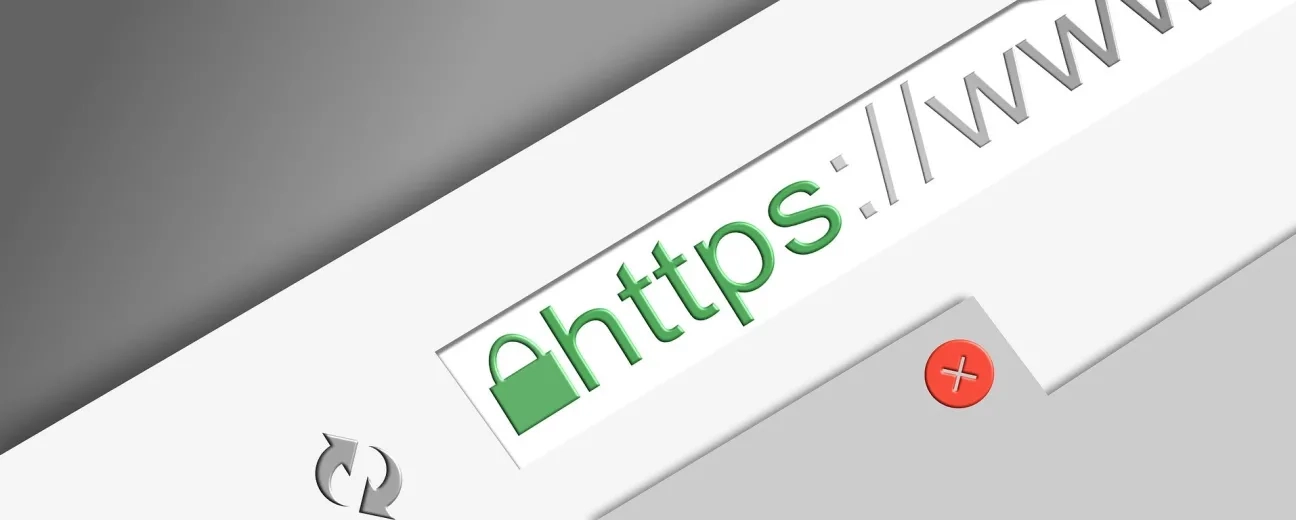
We’re excited to hear your project.
Let’s collaborate!

Website security is an important consideration for any business or organization with an online presence.
With the ever-increasing threats posed by cybercriminals, it is essential to ensure that your website is secure and protected from malicious attacks. Implementing best practices in website security can help protect your website from hackers, malware, and other malicious activities and security issues.
This article will discuss some of the best practices for website security and how you can stay away from cybercriminals and improve your security posture.
"Cybersecurity is a shared responsibility, and it boils down to this: in cybersecurity, the more systems we secure, the more secure we all are." - Jeh Johnson
The cybersecurity landscape heads towards a privacy-first approach to information security in 2023. Also, aligning regulations globally will allow businesses to gain more security and data protection.
There are growing voices that give their positive vote to passwordless authentication, which will presumably eliminate the risk of password breaches and amplify organizational security.
However, the rise of the Internet of Things (IoT) devices will likely increase security risks for organizations and expose more security vulnerabilities.
So how can websites cope and become more agile and accessible in this uncertain cyber landscape?
At the moment, the best website security practices involve a combination of proactive measures and reactive responses.
Proactive measures include implementing strong authentication methods, encrypting data, and regularly patching software.
Reactive responses include monitoring suspicious activity and responding quickly to identified security threats or security breaches.
Multi-factor authentication is one of the most important best practices for website security. It involves using two or more factors to verify a user’s identity, such as strong login credentials, and a biometric factor like a fingerprint or facial recognition. This ensures that only authorized users can access the website and its data, protecting it from unauthorized access.
Additionally, strong authentication can help protect against phishing attacks, which are attempts to gain access to sensitive information by posing as a legitimate website.
Encrypting data is another significant best practice for website security. Encryption scrambles data so that it can only be read by the intended recipient, making it more difficult for hackers to access sensitive information. It also helps protect against man-in-the-middle attacks, which occur when a hacker intercepts data as it is being transmitted between two parties.
Software updates are another important best practice for website security. Regularly patching software helps protect against vulnerabilities that can be exploited by hackers. It also ensures that the latest security features are in place, making it more difficult for attackers to access sensitive information.
Reactive responses like monitoring suspicious activities or responding quickly to identified threats are two valuable tools for website security. Monitoring for suspicious activity can help identify potential threats before they become a problem. Responding quickly to identified threats can help minimize the damage caused by malicious code.
Keeping websites secure in 2023 involves a combination of proactive measures and reactive responses. These best practices are just some measures you can take to protect your digital assets. If you want to go more in-depth and opt for complex ways to secure your website, don't hesitate to contact Optasy.
Photo credit: Pixabay.

We’re excited to hear your project.
Let’s collaborate!